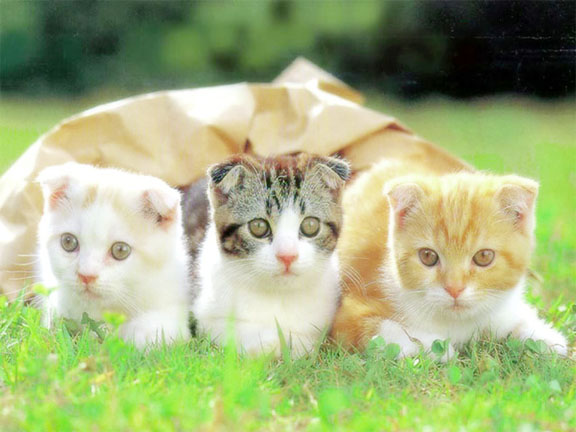Now that we are finished with the series of articles on “Fertility/Infertility” in our companion animals, we can now turn the topic of pregnancy. After the egg and sperm cell meet and fertilization takes place, this little entity (called a Zygote) starts dividing itself and developing into an embryo which will grow into a foetus and then into a baby (pup, kitten, piglet, etc) in the mother’s womb, until it is discharged from the womb into the world. The period of time from the conception to the delivery is called gestation (the period of pregnancy).

The numbers in this table reflect averages. For example, the dog’s gestation length is given as 56-64 days. But any veterinarian who has been long enough in practice will be able to recall a dog that had given birth to its pups before day 56 and even after day 64 of its pregnancy.

In any case, you should be in constant contact with your vet from the time the female companion animal comes into heat right until the offspring have been born and thereafter. If everything is going good, the first time you’ll see the vet is 3 weeks after parturition (giving birth) when the pups/kittens have to be dewormed.
In passing allow me to mention that I have not received from veterinarians or from animal lovers any reports of dogs with injuries as a result of squibs/firecrackers. This is most surely as a result of the banning of squibs/firecrackers and the police/customs efforts. Perhaps, in some small way, the GSPCA and these columns might have played a role in the decrease of damage to animals during the Phagwah and Easter celebrations. We wish to thank those officers whose work has had such a positive result.
Please implement disease preventative measures (vaccinations, routine dewormings, monthly anti-Heartworm medication, etc) and adopt-a-pet from the GSPCA’s Animal Clinic and Shelter at Robb Street and Orange Walk, if you have the wherewithal to care well for the animals. Do not stray your unwanted pets, take them to the GSPCA’s Clinic and Shelter instead. If you do not wish your pet to have puppies or kittens, you may exploit the GSPCA’s free spay and neutering programme. If you see anyone being cruel to an animal, or if you need any technical information, please get in touch with the Clinic and Shelter by calling 226-4237.






